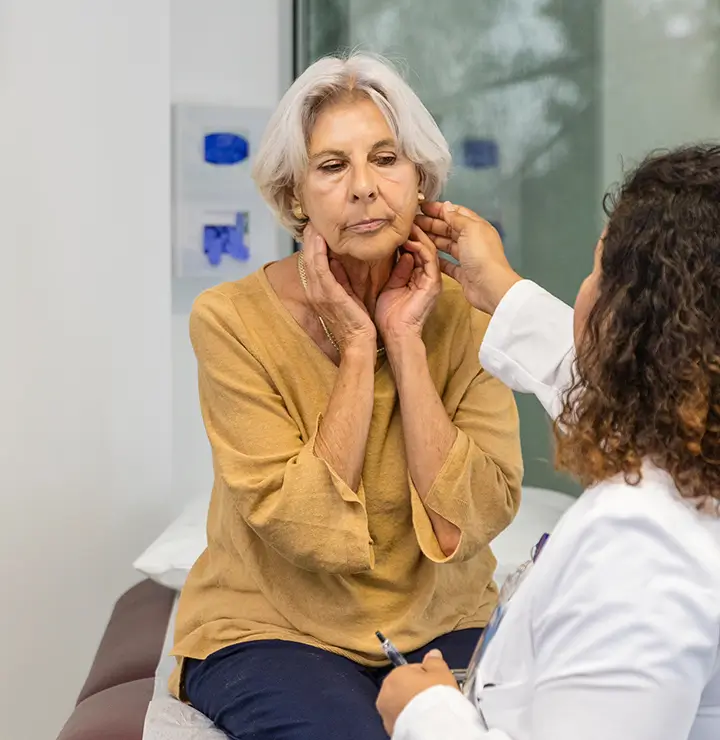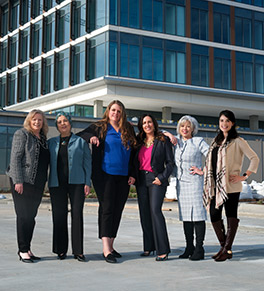Voice Therapy
The sound of your voice is an important part of your identity. It's used to make contact with others, convey emotions and create connections. Your voice is a part of your identity--you can often be recognized just by the sound of your voice.
Everyone needs their voice, particularly those who rely on their voice for their livelihood. This includes teachers, coaches, politicians, actors and singers.
Voice change symptoms
Sometimes your ability to produce a clear, strong voice may change. This is called dysphonia.
When you have dysphonia, you may experience discomfort or fatigue while speaking, and your voice may become:
- Hoarse
- Weak
- Breathy
- Rough
Voice change causes
Voice changes can be related to a specific event, such as an illness with a sore throat or after cheering at a sporting event.
Some changes may be more mysterious and have no specific event related to the change. In some cases, the changes are consistent day to day, while in others the voice changes may fluctuate or worsen over time.
If the voice changes don't go away, you should see your physician for an evaluation. Your physician may refer you to an ear, nose and throat physician, who will examine you further and develop a treatment plan. As part of your treatment, you may be referred to a speech-language pathologist for voice therapy.
Voice evaluation
During your initial evaluation, the speech-language pathologist, also known as a speech therapist, will:
- Ask questions about your medical history, lifestyle and voice usage
- Ask you to perform some speaking tasks and make some non-speaking sounds
- Use measurements and computer analysis to determine if loudness, pitch and other characteristics are significantly different from others of your gender and age range
- Use special equipment to observe and record the movements of your larynx, or "voice box"
If the therapist determines you would benefit from voice therapy, a treatment plan will be designed for you.
Voice therapy
Voice therapy sessions last 45 minutes to one hour. Lee Silverman Voice Therapy (LSVT-LOUD) is available for persons with Parkinson's disease.
During therapy, you will be lead through a variety of tasks that address the physical aspects of voice production:
- Improving breath support
- Reducing muscle tension
- Strengthening the vocal muscles within the larynx
- Recommending lifestyle changes that can improve your voice
- Developing an at-home treatment program for use between sessions
To receive voice therapy, a physician referral is required. To learn more, call 714-456-6682.








